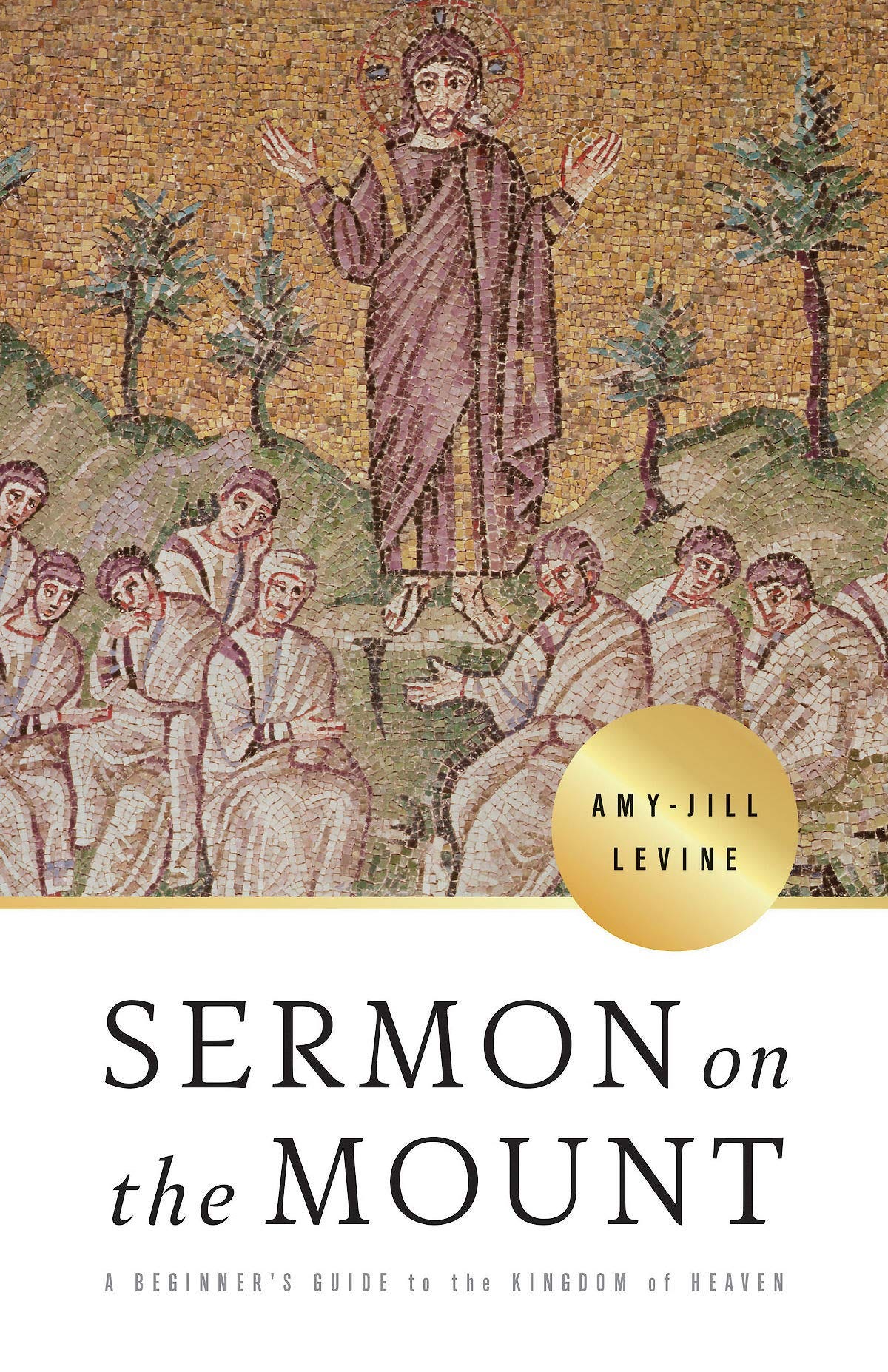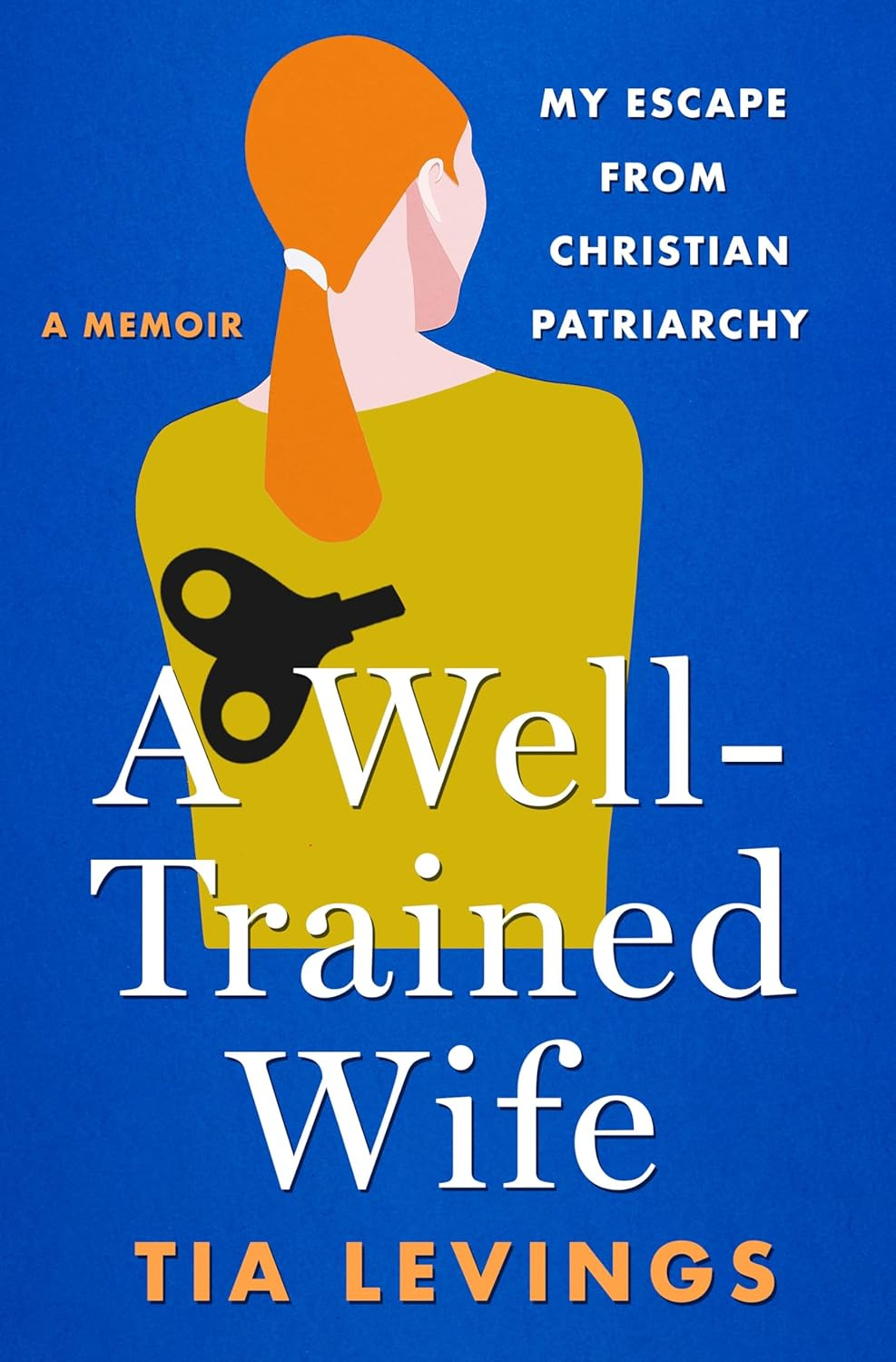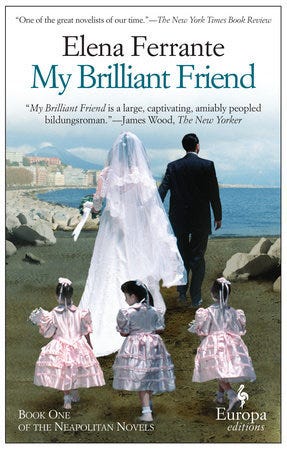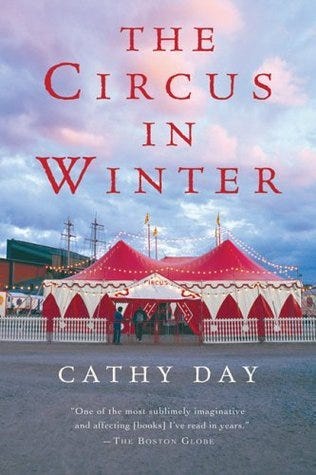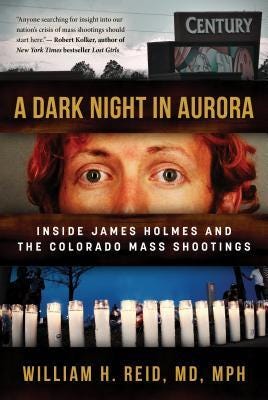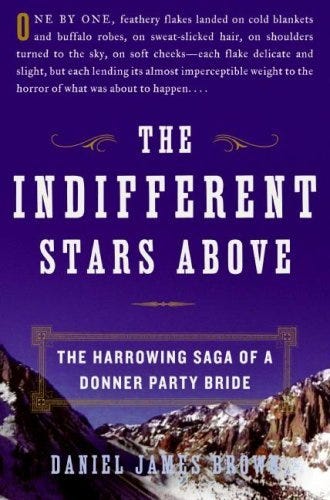To quote Stephen King: “If you want to be a writer, you must do two things above all others: read a lot and write a lot.”
Of the two, it’s generally the former that comes more easily to me—reading is almost as vital to my brain as breathing, sometimes more. (Not sure what I mean by that.) This summer, though, started with a month-long reading slump during which I couldn’t seem to finish any book. Whether it was stress, distraction, or the mania of sunny skies calling me out of my brain and into the world as it is… Nothing quite held my interest past the first few pages.
It happens.
Sometime in July, the slump lifted, aided by cutting back on podcast listening and overstimulating my dear brain.
So here are my hot takes on the top 5 books I read this summer, followed by a complete list of everything I read, and titles I’ve newly added to my TBR.
What have you read and enjoyed lately? Let me know in the comments.
My Top 5 Reads of the Summer
(In no particular order)
Amy-Jill Levine, Sermon on the Mount: A Beginner's Guide to the Kingdom of Heaven (Abingdon Press, 2020)
An informative and thought-provoking primer on the most central teachings of Christ, written by Amy-Jill Levine, a professor of New Testament at Vanderbilt Divinity School. To be honest, it was refreshing to read about such a familiar portion of Scripture from the vantage point of someone who isn’t a Christian, but still respects and finds value in the New Testament. A scholar and practicing Jew who has spent much of her life in dialogue with Christian believers, Levine’s unique perspective on these passages gave me much to think about. Admittedly, I didn’t always arrive at the same modern-day social or political conclusions she did, and felt the book would have been more persuasive if she had just stayed with the text, but in general this was a rich and challenging read. I read it after it was quoted several times on The Bible Project podcast, and would like to read a few more titles by this author, especially her works on Advent, Holy Week, and The Difficult Words of Jesus.
Tia Levings, A Well-Trained Wife: My Escape from Christian Patriarchy (St. Martin’s Press, 2024)
Hot off the press! This one just came out a month ago and I finished it this week. I want to write a whole post about this book, but in the meantime… In this jaw-dropping account, Levings—who grew up surrounded by Gothard homeschooling curriculum and Quiverful movement—tells the story not only of how she escaped an abusive marriage, but how high-control expressions of Christianity essentally groomed her for spousal abuse. This is ultimately a story of hope and resilience, but the “happy ending” will not please all Christian readers, as Levings has largely left religion behind. Anyone who has had to find their way back to wholeness after the wounds of abuse and fundamentalist, however, can understand that for some people, healing doesn’t always look like going back to church. As one priest I really respect put it, sometimes—especially if the only way we’ve learned to relate to God is through rigid and controlling environments—we may have to become an atheist before we can meet Christ. As someone who has experienced the damage of some of the same kinds of teachings and religious norms, I found Levings’s account to be an important and empowering voice in the growing conversation on high-control religion and religious trauma (cf. the work of Dr. Laura Anderson). I was also surprised by the brief but significant role Orthodoxy and a local Orthodox parish, not to mention a priest I know personally, played in helping her escape her first marriage.
Elena Ferrante, My Brilliant Friend (Penguin Random House, 2011) -
The Godfather meets the Ya-Ya Sisterhood. Too many people have recommended I read this sprawling, character-driven novel about two friends as they come of age in a gritty Neapolitan neighbourhood in the middle of the 20th century, but I kept putting it off because… I didn’t like the cover? (See above.) In the end, I’m glad I saved it, because the end of summer has brought a lot of (mostly good) life changes, and it’s been a treat to settle down with this (rough diamond of a) gem. It’s the first of a long trilogy of novels that follows the lives and unfolding relationship of two best friends as they come of age in Post-WWII. Both women are smart and savvy in their own ways, and both seek to escape the bonds of the systemic poverty that surrounds them in their insular, dilapitated neighbourhood of Naples. The twist is that both girls take very different approaches to this endeavour, and the trilogy traces the slowly burning impact of these choices on their relationships and well-being over decades. It’s a treat, it’s a train wreck, it’s a trip to the Mediterranean Coast—highly recommend getting lost in it all.
Cathy Day, The Circus in Winter (Harper Perennial, 2004)
Historical fact and fiction are interlaced in this stunning collection of braided tales set in the winter furlough grounds of a fictional circus in a central Ohio small town.
What I liked:
Unique premise
All the stories were related to each other in some way, it was like gently twisting the kaleidoscope
The theme of secretness, hiddenness, losing details to time and forgetfulness
The strange juxtaposition of circus (normally a playful, whimsical element) and the darkness of people’s lives (and deaths), all set in the perfect historical context
Random black/white pictures for each story really reminds me of German author and Nobel Prize winner WG Sebald
What I didn’t like: not much. For a satisfying, “fun” fiction read, this was everything I wanted/needed at the time.
William H. Reid, A Dark Night in Aurora: Inside James Holmes and the Colorado Mass Shootings (Skyhorse Media, 2018)
I read a lot of true crime, and for me, this title ranks right up there with Truman Capote’s In Cold Blood and Michelle McNamara’s I’ll Be Gone in the Dark. The author was one of the forensic psychiatrists who evaluated the man who, in 2012, opened fire in an Aurora, CO movie theater, killing 12 and wounding many. He draws from a wealth of research, including over twenty hours of private interviews with the killer, to better understand not merely the event itself, but the complex and concommittant forces that can drive a person to commit senseless acts. This is a nuanced, careful, and well written exploration for anyone who wonders why mass killers do what they do.
Bonus! Daniel James Brown, The Indifferent Stars Above: The Harrowing Saga of a Donner Party Bride (Mariner Books, 2009)
The first half of this book was baffling to me, because I couldn’t figure out how the pioneers were going to find a ship in the middle of the prairies. The only thing I really knew about the Donner party was from the movie Patch Adams, when Robin Williams’s character hides behind a skeleton and, waving the skeleton’s arm, says “Donner, party of 50!” as though claiming reservations at a restaurant. I knew there was (SPOILER ALERT!) cannibalism involved, but for some reason, I thought the Donner party got lost while at sea. (Maybe my wires got crossed with the Franklin lost expedition…)
Anyway, once I finally did a Google search and learned the Donner party had gotten lost on a wagon trail, the book began to make a lot more sense! Right before it got dark. REALLY DARK. Also cold.
Nothing like a tale of survival-by-the-skin-of-your-teeth-(and-others’) to really put life in perspective. This book was a story well told, interweaving macro and micro history to paint a bigger picture of life in this period, and a lot more serious than I’m making it out to be.
Other books I read this summer
(Some of which I reviewed on Goodreads when I felt like it…)
Judy Reeves, Writing Alone, Writing Together: A Guide for Writers and Writing Groups ⭐⭐⭐⭐(4/5)
Joann Lee, Silent Sisters: A True Story ⭐⭐⭐⭐(4/5)
Steve Ryan, The Ghosts That Haunt Me: Memories of a Homicide Detective ⭐⭐⭐⭐(4/5)
Barbara Kingsolver, Homeland and Other Stories ⭐⭐⭐⭐(4/5)
Nancy Rommelmann, To the Bridge ⭐⭐⭐(3/5)
Sherwood Anderson, Winesburg, Ohio ⭐⭐⭐⭐⭐(5/5)
Michael Griesbach, Indefensible: The Missing Truth about Steven Avery ⭐⭐⭐⭐ (4/5)
Kimberly Harrington, But You Seemed So Happy: A Marriage, in Pieces and Bits ⭐⭐⭐ (3/5)
Richard Yates, A Good School ⭐⭐⭐ (3/5)
Minka Kent, Unmissing ⭐⭐(2/5)
Ted Chiang, Your Life and Other Stories ⭐⭐⭐ (3/5)
Charles River Editors, The Roma: The History of the Romani People and the Controversial Persecutions of Them across Europe ⭐⭐⭐⭐ (4/5)
E. Lockhardt, We Were Liars ⭐⭐⭐(3/5)
Jane Smiley, Early Warning ⭐⭐⭐⭐(4/5)
Some recent adds to my TBR list
Mandy Smith, Confessions of an Amateur Saint: The Christian Leader’s Journey from Self-Sufficiency to Reliance on God (written by a dear friend of mine! I’ve read an advance copy and highly recommend)
Chris Bachelder and Jennifer Habel, Dayswork
Gila Pfeffer, Nearly Departed: Adventures in Loss, Cancer, and Other Inconveniences
Lidia Yuknavitch, The Chronology of Water
Jane Tayler McDonnell, Living to Tell the Tale: A Guide to Writing Memoir
Jane Gregory, Sounds Like Misophonia: How to Stop Small Noises from Causing Extreme Reactions
Alan Sillitoe, The Loneliness of the Long-Distance Runner
Marilynne Robinson, Reading Genesis
Scot McKnight, Five Things Biblical Scholars Wish Theologians Knew
What’s on your fall TBR? Let’s carry on below!





